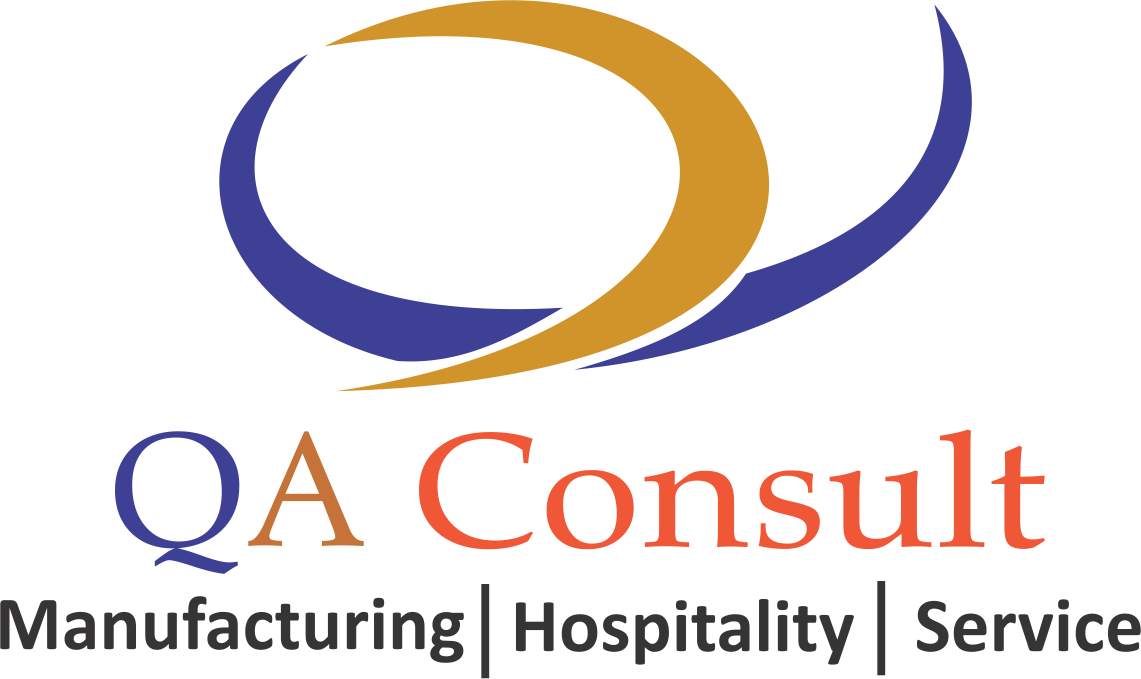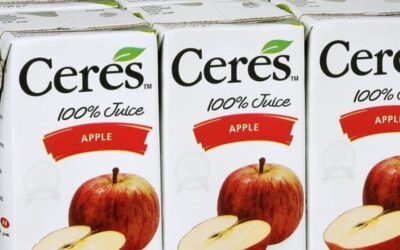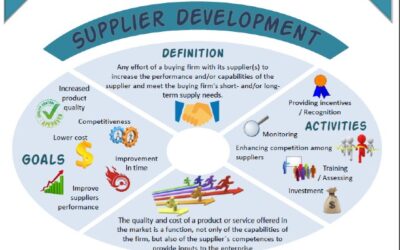Food Businesses and the Menace of Food Pests (Part I)
I believe that, most of you reading this article must have gone through one, two or more incidents of pests in your food. Whilst majority of the cases would have involved dead pests, I have encountered pests crawl out of food on some occasions.
Food Pests
Apart from the fact that these pests are obnoxious, there is a bigger problem associated with their presence in your food. Flies and rodents are often associated with food poisoning organisms. Cockroaches live in underground sewers and gutters and they carry on their wings and legs food pathogens that they transfer to food, in restaurant and hotel kitchens if they are allowed to thrive. Houseflies are in the same category. They sit on garbage, faeces and any decaying matter and transfer pathogenic bacteria onto your food, utensils and other food surfaces such as cutting boards, work surfaces, knives and raw materials for various cuisines. It is common knowledge that Cholera caused by the bacterium Vibrio cholerae is transmitted when flies pick these organisms from faecal matter and transfer them onto our food.
Faecal pellets and urine from rodents are poisonous and hence contamination of work surfaces and utensils in such kitchens has grave consequences on eventual customers.
Conditions for pest ingress
Apart from houseflies, most of these pests are nocturnal, meaning they are primarily active at night rather than during daylight hours. They breed in obscure corners, under pallets, cupboards, washing areas especially under sinks etc. Lack of food hygiene practices in general, brings about a population explosion of pests. Starting from the storeroom, most kitchens lump all raw materials together and do not practice FIFO (First in First out). Hence a particular stock of raw materials stays at one section in the storeroom for too long creating a safe haven for rodents.
Dirty and soiled plates left overnight after closing the restaurant become a source of attraction for pests. In the night, cockroaches and rodents come to feed on them contaminating surfaces, raw food and even utensils that have already been cleaned and disinfected. Some kitchens leave the transient garbage inside the kitchen or very close to the kitchen until the following morning, attracting pests into the premises. It is important to mention that, for restaurants, hotels and catering facilities closer to forests and bushes, the increase in the population of rodents attract poisonous snakes to the premises. These snakes go after the rodents and may end up finding permanent shelter on the premises.
Reasons for Control
The second important reason for control emanates from the damage these pests cause to food and property. Rodents especially gnaw at the structure including wooden panels, cables, pipes etc. They can even be responsible for kitchen fires when they gnaw at gas tubes and electrical cables.
Thirdly, they are also responsible for food loss. They accelerate spoilage of food by eating portions of raw and cooked food. On countless occasions, powdered products are spilled in the kitchen due to the activities of rodents and cockroaches. In some instances, big bowls of water might need to be discarded when pests accidentally jump into them wasting larger volumes of water in the process.
The fourth point is the fact that, they can be responsible for business collapse. Numerous customer complaints come up if pests are not properly controlled. In the example I gave above, I am most certain I’ll not be lodging at this hotel anytime I visit that country.
The more customers complain about pests in their food or the siting of pest on your premises, the more word go round about the lack of pest control on your premises. You may soon shut down for loss of customers. Regulatory Authorities like the FDA and Metropolitan Assembly might close your business down if there is enough evidence of overwhelming pest activity on your premises.
Last but not least, you may lose your cherished and hardworking staff, who may not feel comfortable working in a pest-infested environment based on their strict standards of personal and food hygiene.
I will come your way with part II of this important subject where we would look at how to detect activities of pests on your premises and eradication of pests through food hygiene activities and integrated pest management.
Johnson Opoku-Boateng is the Executive Director & Lead Consultant, QA CONSULT (Consultants and Trainers in Quality/Safety Management, Manufacturing Excellence and Food Safety) and can be reached on +233209996002, email: johnson@qaconsultgh.com.
Related Services
Ceres 100% Apple Juice Recall – Lessons to be Learnt by Food and Beverage Companies
Ceres 100% Apple Juice Recall – Lessons to be Learnt by Food and Beverage CompaniesOctober 15, 2021, Accra. “PRODUCT RECALL: CERES 100% APPLE JUICE”, FDA. You might haveseen a statement from the FDA with the above caption making the rounds on social mediabarely a week...
Product Packaging – Your Best Salesman!
Product Packaging - Your Best Salesman!“Competition is a great thing and critically important in any industry. I respect the companies that build their brand through innovation/great product, packaging, sharp marketing and clever ideas” John Robinson. A great product...
Supplier Development in a Post-Covid Era
Supplier Development in a Post-Covid EraI have used a greater part of my time last week in discussing world class manufacturing (WCM) with some trainees. Most of the lessons learned can actually be applied to the service industry. One definition pitches WCM as a...
Get In Touch
HEAD OFFICE
Aviation Highway , East Airport ( Spintex)
Landmark: Endpoint Homeopathic clinic



